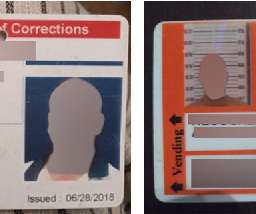When Low-Tech Hacks Cause High-Impact Breaches
Krebs on Security
FEBRUARY 26, 2023
GoDaddy described the incident at the time in general terms as a social engineering attack, but one of its customers affected by that March 2020 breach actually spoke to one of the hackers involved. But we do know the March 2020 attack was precipitated by a spear-phishing attack against a GoDaddy employee.













Let's personalize your content